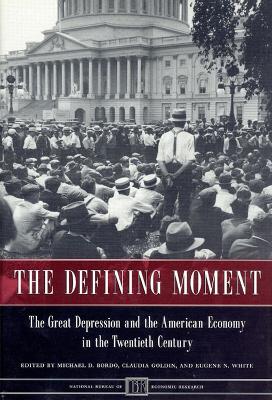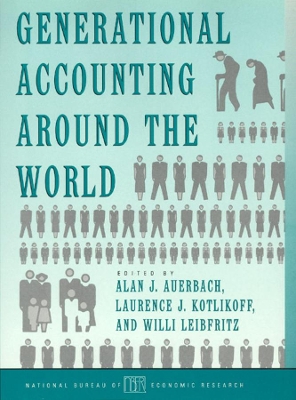National Bureau of Economic Research Project Reports
2 total works
The Great Depression is the " defining moment" to which most historians, economists, and political scientists connect the origins of the economic and social policies that have characterized American government in the second half of the twentieth century. In the most comprehensive collection of essays available on these topics, The Defining Moment evaluates the extent to which the Great Depression was a watershed period in the history of the American economy. This volume concludes that a large role of today's government and its methods of intervention derive from the crisis years of the 1930s. Sixty years later, the basic imprint of the defining moment is still visible.
The realities of mounting government debt, tax burdens, and an ageing population raise serious concerns about the financial legacy confronting future generations. How great a fiscal burden will late-1990s policies leave to subsequent generations, and how might changes in those policies alter the intergenerational distribution of public welfare? Generational accounting has recently emerged as a robust new method of fiscal analysis and planning designed to assess the long-term sustainability of fiscal policy and to measure the extent of the financial load ultimately borne by present and future generations. A seminal contribution to public economics, generational accounting has already been adopted by 23 nations around the world. Combining late-1990s country-by-country generational analyses with a comprehensive review of generational accounting's innovative methodology, these papers are a resource for economists, political scientists and policy makers concerned with fiscal health and responsibility.

